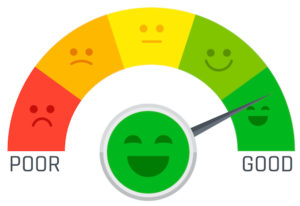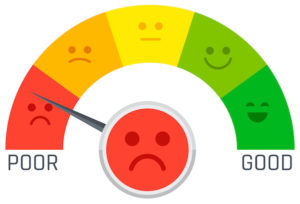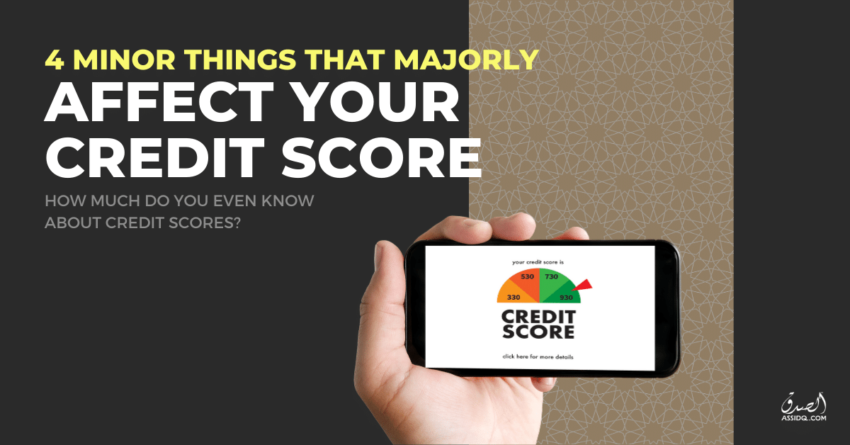Financial products such as loans, mortgages, and credit cards often have a bad reputation. They are all classified as debt. Thus, the general advice people seem to give is to avoid them as much as possible.
However, this is not always true. Not all debts are bad. Given the right circumstances and strategies, they can prove to be beneficial, especially in the long term.
For instance, you can use debt in the form of a personal loan for making financial investments, business capital, debt consolidation, travel, marriage, home renovation, etc.
Unfortunately, though, applying for a loan doesn’t necessarily mean it’ll be approved. There are several reasons for an application to be rejected.
This can be something like a high Debt Service Ratio (DSR), incomplete documents, and insufficient working period. Another popular cause is a low credit score.
A few financial definitions
Here are a few terms you need to understand before we delve deeper into things that affect credit scores:
- Credit history: A record of the credit accounts you hold along with details about those accounts. This includes the type of account, your responsibility on the account (for instance, if you were a joint borrower), the credit limit or amount of the loan, the current balance, minimum payments made, whether you’ve made any late payments, and the current account status.
- Credit report: Similar to a report card which details how you manage your overall finances. Normally, it is issued by a credit reporting agency or credit bureau. It will include your credit history, outstanding debt, bankruptcy status, and other non-banking or legal related information.
The information can be sourced from various organizations or public sources. Do take note that credit reports are neutral. This means they include both the good and the bad. They are meant for the evaluator to make a conclusion of creditworthiness. - Credit score: A three-digit number which represents your creditworthiness. It also relates to how likely you are to repay debt. Typically, the score is between 300 and 850. Banks and lenders use your credit score to help evaluate your application for credit or loans.
Credit reporting agencies calculate these scores based on their own proprietary models. Your score will never factor in personal information like your race, gender, religion, marital status, savings or deposits information, salary details or criminal records.

How are credit scores calculated?
A credit score is an indicator of your financial health. The higher your score, the higher the chance of getting your applications approved.
However, different credit agencies have different formulas to evaluate every individual’s credit score. This is dependent on the data which the score is based and the calculation method used.
There are, however, a few general factors used in all these calculations:
- The number of credit facilities and the amount owed to the banks
- Whether you pay your loans on time
- Your credit history length
- Types of secured and unsecured credit you hold
- Have you been approved for new credit facilities recently

Avoid these things!
There are a few things that might seem minor and trivial but, in fact, have a major impact on your credit score! Please avoid them so you can keep your credit score high.
- Not paying your bills on time: Be sure to not miss any payment due dates because failure to do so will affect your credit score. It’ll be even worse if you miss any payments.
- You do not own a credit card: Yes, you read that right. Not owning a credit card is bad for your credit score! The length of credit history is also taken into account. You may be the most financially prudent person, but you need to be able to prove that to the bank.
- You max out your credit limit: The debt balances that you carry on your credit cards can affect your scores almost as much as whether or not you make your payments on time.
- You keep applying for new loans after you get rejected: If your loan application gets rejected, wait a few months or a year before applying for a new one.
You know that you are entitled for a Free Credit Report if you are As-Sidq VIP Member? Click below to know more how you can redeem your FREE CREDIT REPORT!



